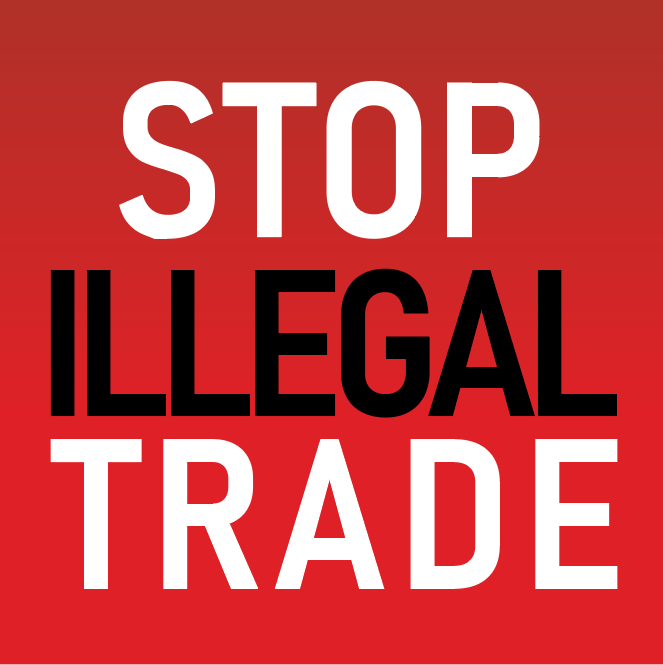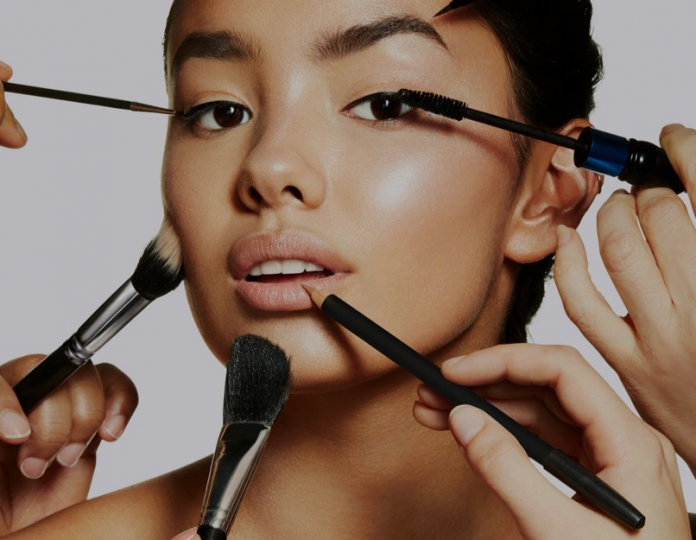LAHORE: The government has proposed penalties of up to Rs1 million for manufacturing and selling substandard, adulterated and counterfeit cosmetic products.
The Government of Punjab has decided to launch a crackdown against the manufacturers and sellers of substandard cosmetics and skincare products, on the approval of bill. As per the Punjab Drug (Amendment) Bill 2020, strict penalties are to be imposed on businesses involved in illegal trade of any kind.
The government has proposed a penalty of Rs50,000 to Rs1 million for manufacturing and trading counterfeit cosmetics, Rs10,000 to Rs200,000 for producing misbranded products and Rs50,000 to Rs500,000 for producing adulterated cosmetic products. A penalty of Rs10,000 to Rs500,000 is proposed for selling expired products.
The provincial cabinet has approved the bill in public interest as this unethical trade is causing serious health hazards to consumers.
Sardar Usman Buzdar, the Punjab Chief Minister said, “This amended bill would also help in ensuring the availability of original and branded cosmetic products in the market. No shop will be allowed to sell counterfeit and substandard cosmetic products. For this purpose, it is necessary to create awareness among the masses about the safety of cosmetics,” he concluded.
A cosmetics exporter, Muhammad Tahir, disclosed that several famous Pakistani products, especially whitening creams, have been banned by health authorities in the Gulf and Arab states. “Even some famous local brands spending millions of rupees on TV commercials have been banned in export markets around the globe,” he lamented.
“Thousands of cosmetics and pharma products from India were being sold in export markets owing to their quality. Dozens of Indian companies have FDA approved plants but Pakistan has not even a single FDA approved manufacturing facility,” he said.
A recently conducted study on 95,983 patients checked in the outpatient department of dermatology, King Edward Medical University, Mayo Hospital, Lahore, indicates around one-fourth of them had to repeatedly visit the hospital for a follow-up visit related to their diseases, most commonly eczema followed by dermatological infections. It shows that 58% of the patients comprised females and 42% males.











